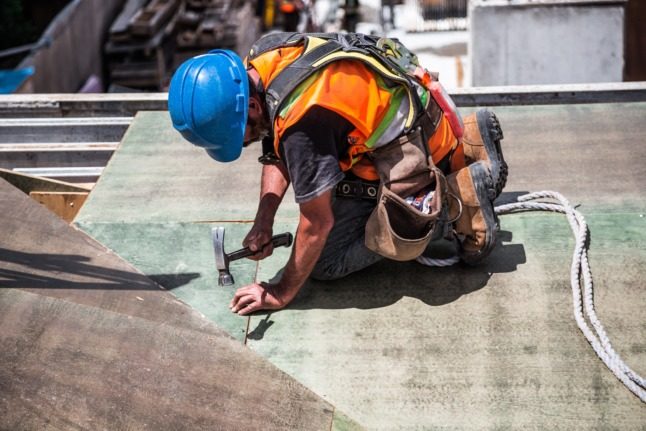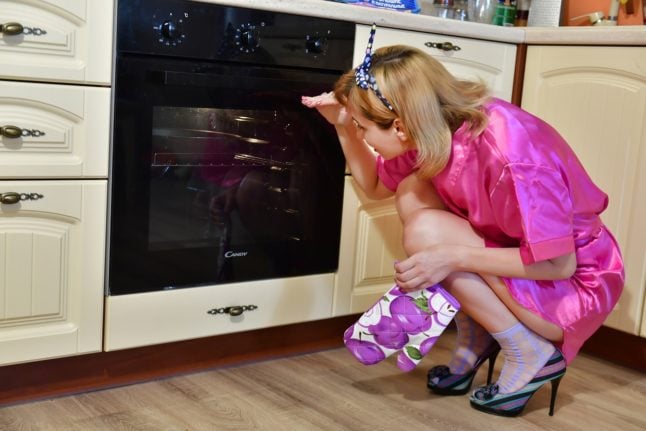While Switzerland might have a range of unusually strong tenant protections, you can’t stop the construction or the noise, no matter how much you are bothered by it.
In Switzerland, there are regulations relating to noise reduction in densely populated areas.
The appropriately named Construction Noise Directive (CAD) aims at protecting living and working places in the vicinity of construction sites.
It uses criteria such as the distance between a dwelling and the construction site, the days and times of construction activity (no nights or Sundays, for instance), as well as the duration of the noisy phase of construction.
What if the construction is in your building?
As a tenant, you have the right to ask the landlord in writing for a reduction in the rent due to the work and the inconvenience suffered (dust, noise, etc.) during the construction period.
The amount of the rent reduction will depend on the extent of the inconvenience and disruption to your life and health, so describe the situation in detail.
Renting in Switzerland: Can I pay less when my landlord renovates the apartment?
If other tenants in your building are also bothered by the noise, you could sign and send one letter to the landlord from all of you.
Aside from the construction noise in general, you can also can also request rent reduction if you are considerably inconvenienced by landlord-ordered transformations in your building which generate noise and dust, or your inability to use your balcony or open your windows for an extended period of time because of scaffolding.
What if the landlord refuses to lower your rent?
You can always take legal action once the construction / transformation is finished and final amount of the reduction can be determined.
If the parties can’t reach an agreement, the court will decide whether the landlord should grant lower the rent, and if so, by how much, and for what period of time.
To this end, Swiss Tenants Association advises to document — with photos and videos — any major disruptions emanating from the construction. https://www.mieterverband.ch
This site which also exists in French and Italian also provides general advice on tenants’ rights.
READ MORE: Buying property versus renting in Switzerland: What is actually cheaper?



 Please whitelist us to continue reading.
Please whitelist us to continue reading.
Member comments